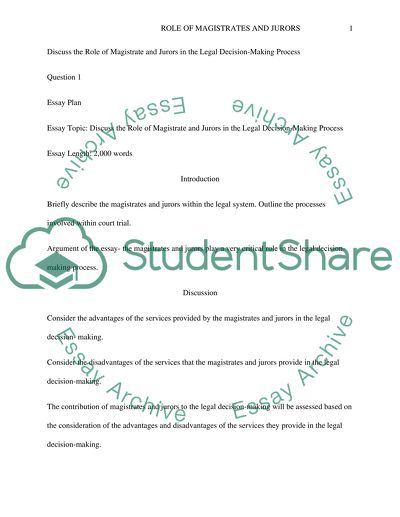Cite this document
(“Discuss the role of magistrate and jurors in the legal decision-making Essay”, n.d.)
Retrieved from https://studentshare.org/law/1399795-discuss-the-role-of-magistrate-and-jurors-in-the
Retrieved from https://studentshare.org/law/1399795-discuss-the-role-of-magistrate-and-jurors-in-the
(Discuss the Role of Magistrate and Jurors in the Legal Decision-Making Essay)
https://studentshare.org/law/1399795-discuss-the-role-of-magistrate-and-jurors-in-the.
https://studentshare.org/law/1399795-discuss-the-role-of-magistrate-and-jurors-in-the.
“Discuss the Role of Magistrate and Jurors in the Legal Decision-Making Essay”, n.d. https://studentshare.org/law/1399795-discuss-the-role-of-magistrate-and-jurors-in-the.


